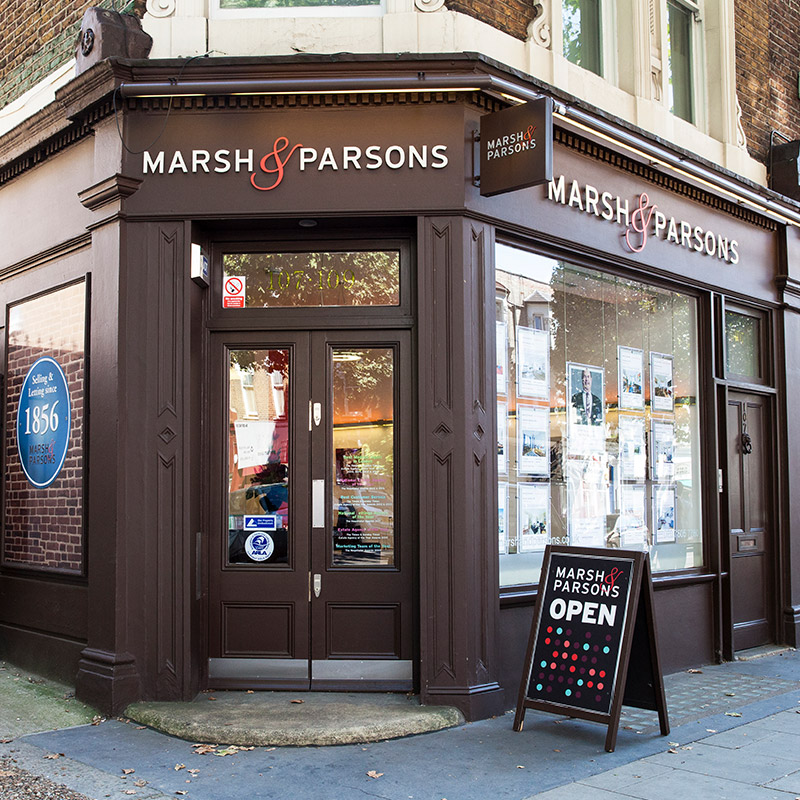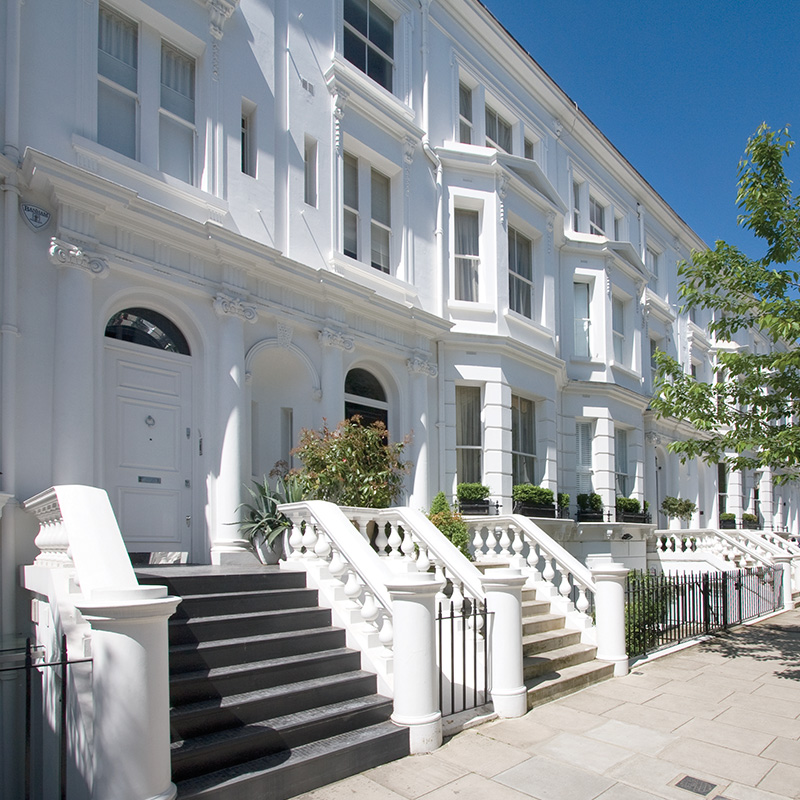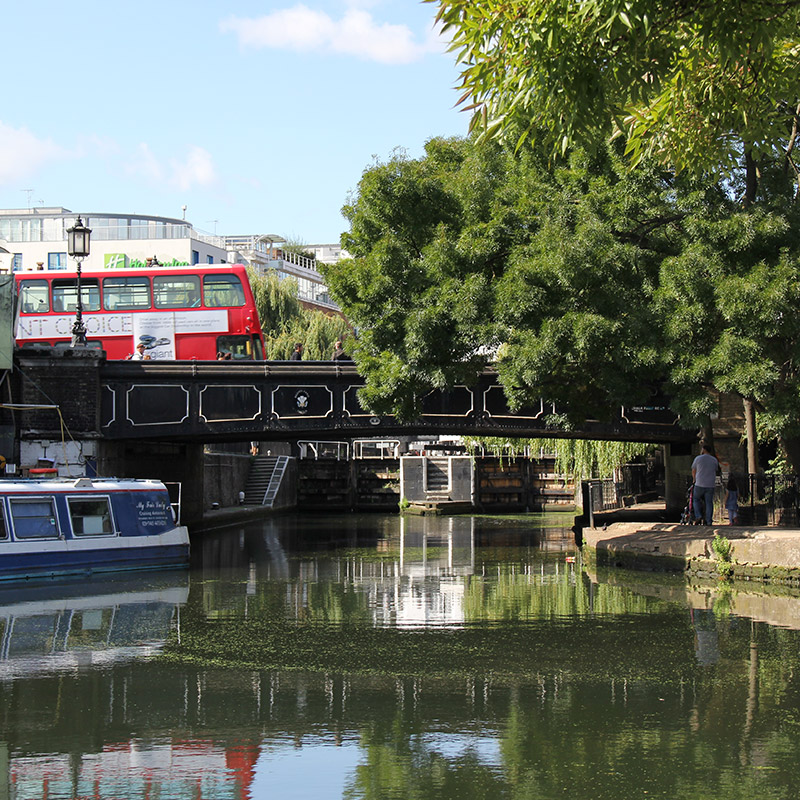Fees for Tenants
Once we’ve found the perfect property for you, we’ll start preparing the tenancy agreement right away. In line with the Tenant Fees Act 2019, we do not charge administration fees to our tenants, except for a change of occupancy where the cost is £50 (£41+VAT).
We’ve outlined a few key points below that may be of help, but if you should have any questions it’s best to ask your local Marsh & Parsons office. They’ll be happy to help.
For more information regarding the lettings process, please visit the Lettings Advice for Tenants page.
Who pays the Estate Agent’s fees?
In the UK the Estate Agent’s fees are paid by the Landlord.
What paperwork is required to rent a property?
First of all, you will need to pass referencing, which will assess:
- Your credit history
- Your affordability – the rule of thumb is that tenants must have either a total monthly income of at least 2.5x the monthly rent, or savings equal to 2.5x the annual rent, or a combination of both
- Your previous Landlord history
You may also be required to provide a proof of address or further information at the Landlord’s request.
Then we will produce a Tenancy Agreement which will be signed by both you and the Landlord.
Finally, you must pass ‘Right to Rent’ checks to prove your eligibility to rent in the UK.
What payments will I need to make before moving in?
You will be issued with a statement of account detailing the various payments you will need to make. This will include:
- Rent for the first month (or the first period dependant on how the rent is paid)
- The deposit which is equal to 5 or 6 weeks’ rent (depending on the rental amount)
- The down payment made upon acceptance of the offer will be deducted from this total
Who looks after my deposit and what is it for?
Deposits are paid prior to moving into a property and are used to protect the Landlord should any damage occur during the tenancy. If the tenants vacate and the property is not returned in the same condition, the Landlord can use money from the deposit to make repairs, before returning the remainder.
All deposits are held by a government-backed Tenancy Deposit Protection Scheme (TDS). Upon receipt, the Landlord or Letting Agent must provide details of the TDS to you within 30 days.

 Based on reviews
Based on reviews




